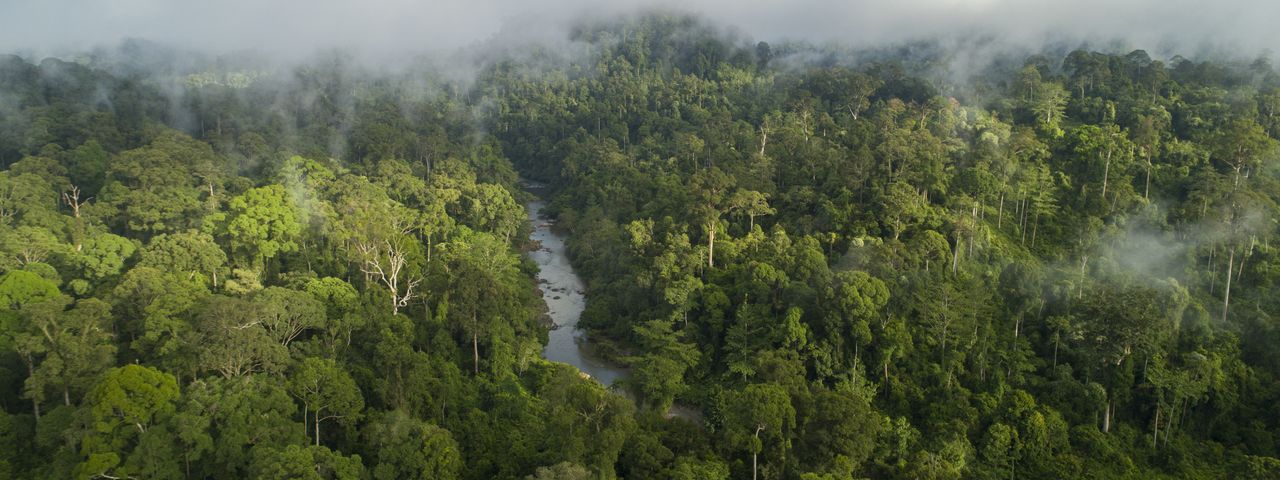A Conservation First approach to our wildlife & environmental projects & experiences.
We ensure that all the wildlife, environmental and conservation-focused experiences we offer have sustainability and animal welfare as their highest priority. The interactions with visitors and travellers come as second-tier considerations, using the income they generate to fund the projects' conservation, research and education efforts.
Conservation-centred tourism is a direct and effective way to provide these projects with the resources to continue their work protecting threatened habitats, species and ecosystems. The benefits often ripple out more widely, empowering local communities to earn a living through preserving their natural surroundings, and creating political pressure to leave the landscape unspoilt.
The controversy of conservation and travel
The increasing popularity of experiential travel over recent years has, however, led to a growth in faux conservation projects and questionably-focused travel. These include wildlife camps, ‘conservation’ focused operators, and tours created with the sole purpose of selling interactions with wildlife and environments, regardless of whether this is beneficial to those environments and species. Animals may be taken from the wild and placed in a camp run for profit with no regard for their welfare.
People are not safe either, with individuals and communities paid paltry sums for their skills and services whilst the businesses take the lion's share. They may attract volunteers to work for them under the pretence of being involved with something meaningful, and draw visitors into the same belief. Badly informed travel companies are then pulled into delivering these tourists to them.
The steps we’ve taken
As a sustainability-conscious company, we wised-up in this area a long time ago, but we know we fell for the hype in the past so we remain vigilant. Standards, expectations and the available information surrounding sustainability have been transformed in recent years - and rightly so. We learn from past issues and scrutinise each experience we offer with the highest environmental welfare expectations.
We inspect and thoroughly audit each prospective project, keeping a close eye out for red flags that suggest the reality doesn’t match up to the hype. If an organisation is serious about sustainability, they’re pleased to see that visitors and clients have high expectations and are happy to answer tough questions. Defensiveness and avoidance are definitely two red flags!
Where we got it wrong in the past, we have taken steps to feedback our concerns and share the reasons for no longer considering the product or place as suitable. In a few instances, this feedback has led to alterations and improvements being made, and we have subsequently felt able to work with those providers again - encouraging evidence of the positive difference that conservation-focused tourism can make.
We are aware how easily things can slip through the net in an industry where travel businesses of all types overlap, rearrange and resell. With this in mind, we have designed an audit to ensure that all the products and services we arrange meet a simple but effective set of standards, and they must all pass this test before being considered.
